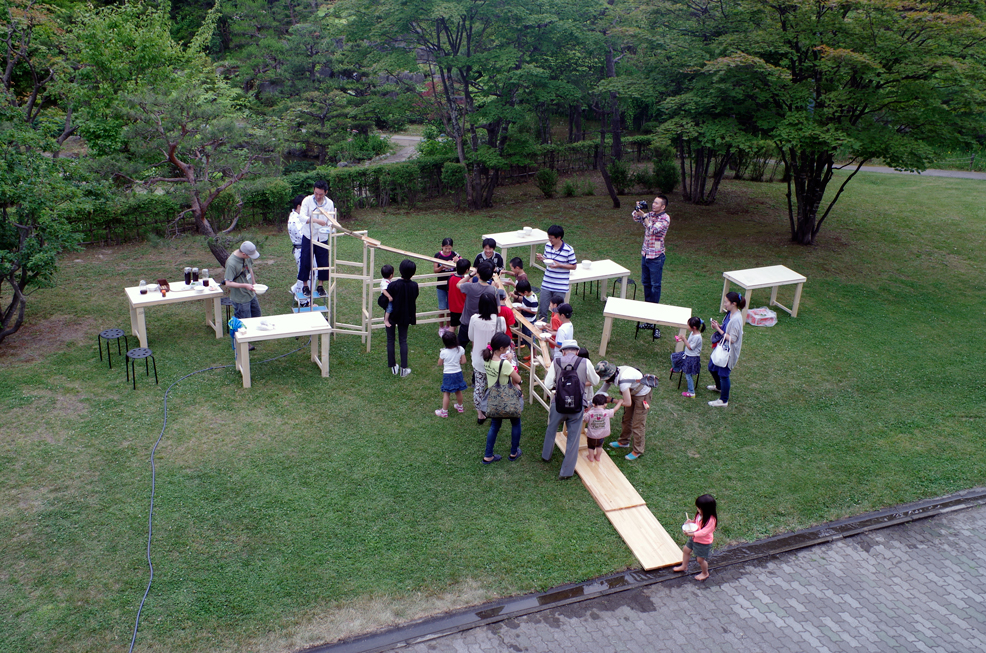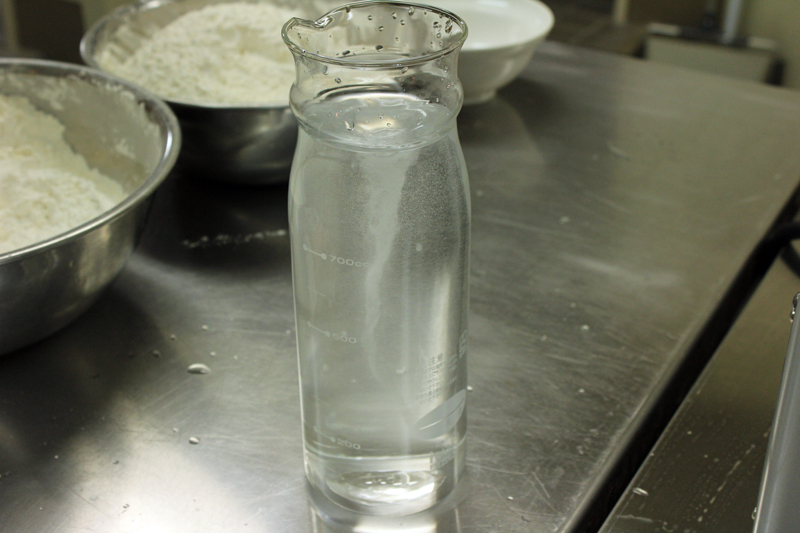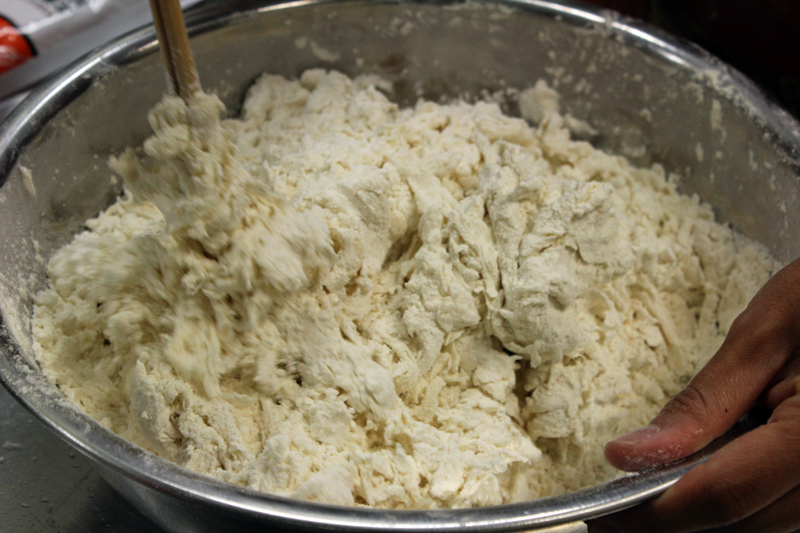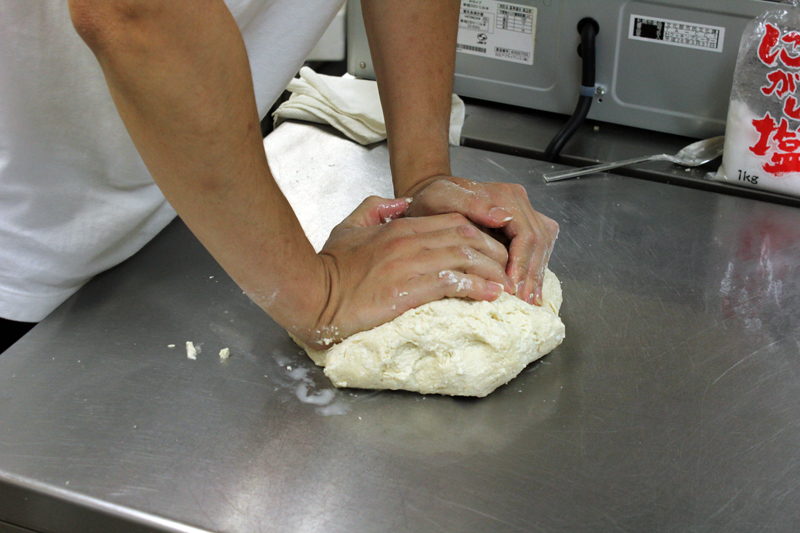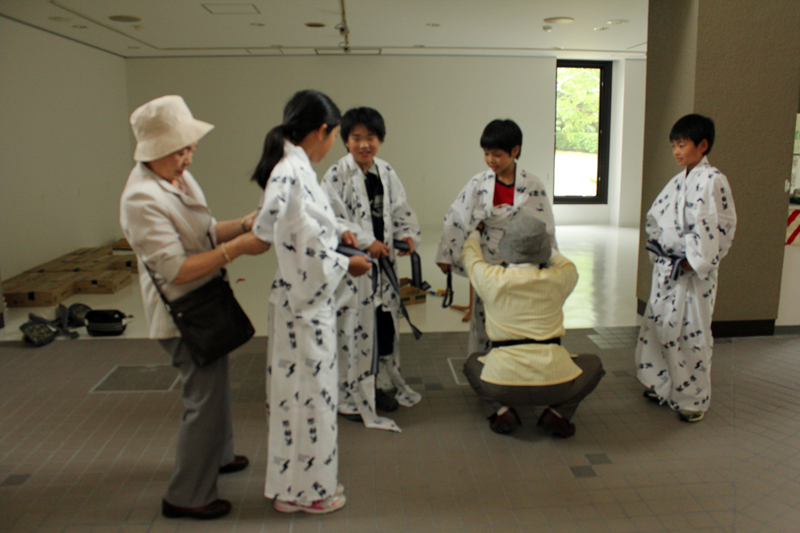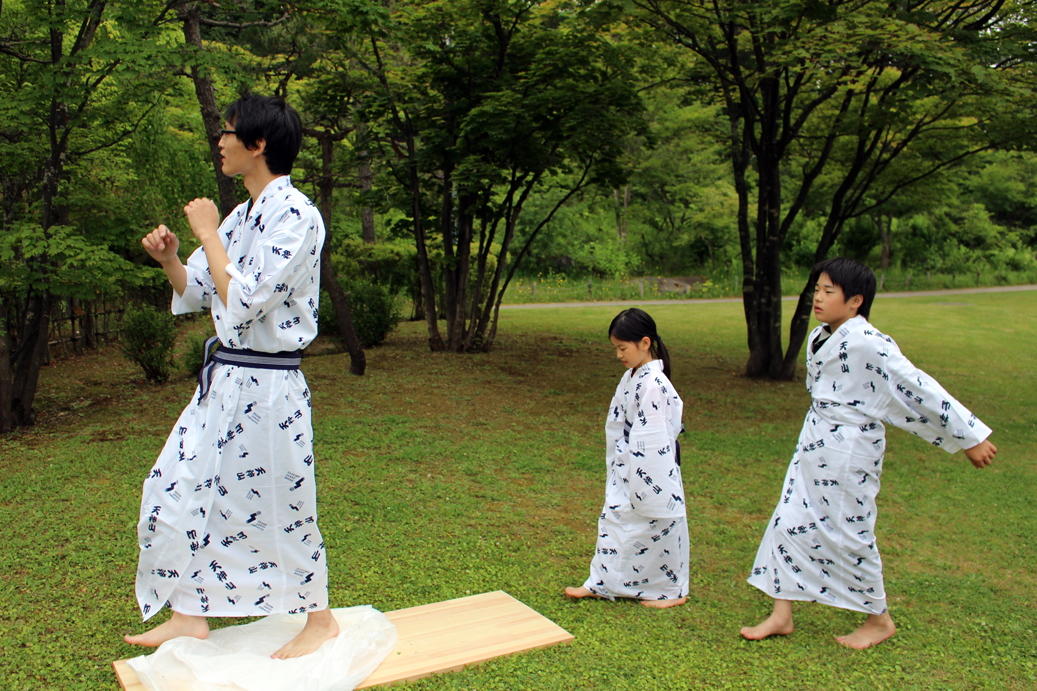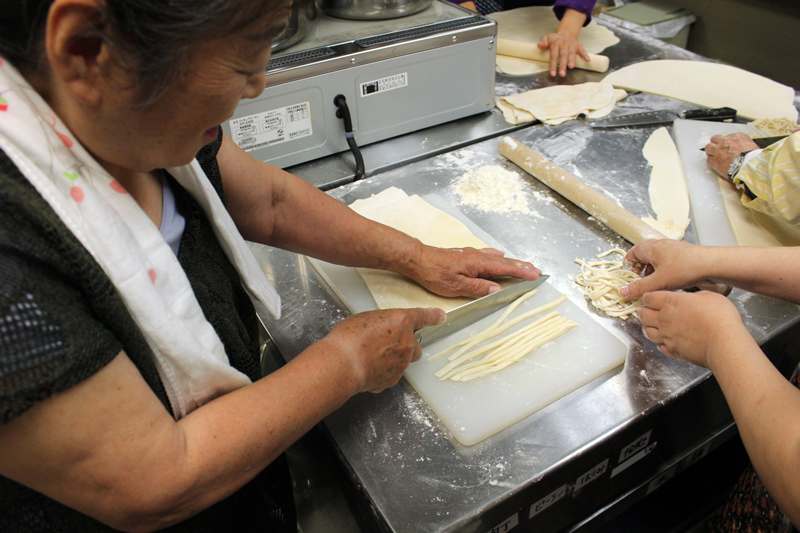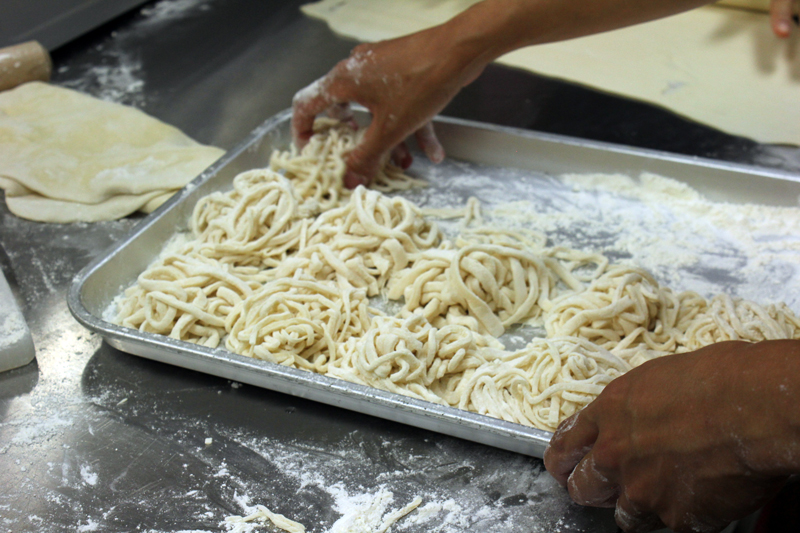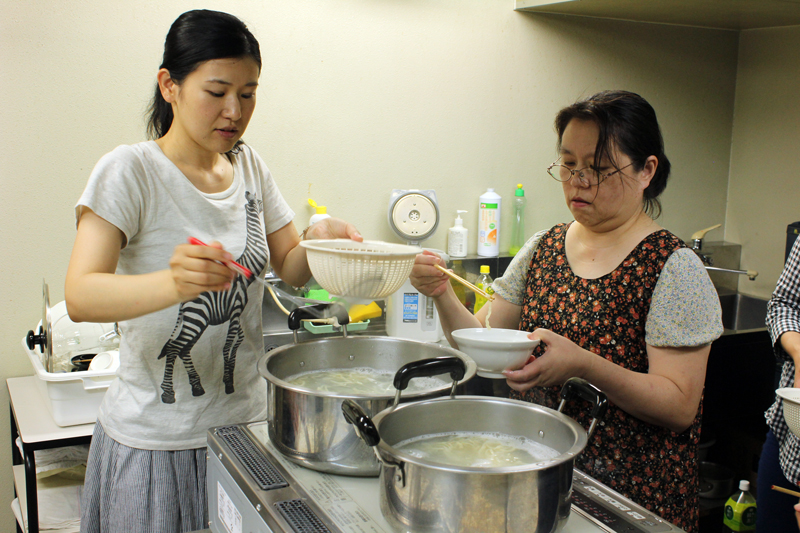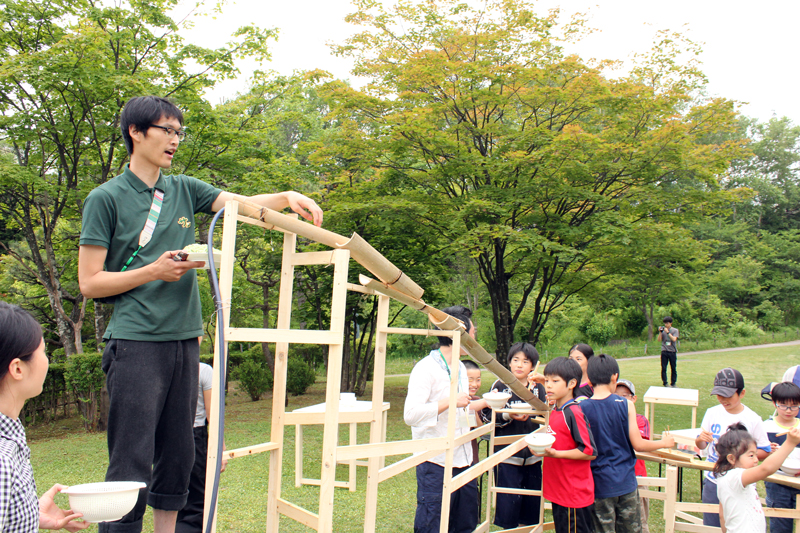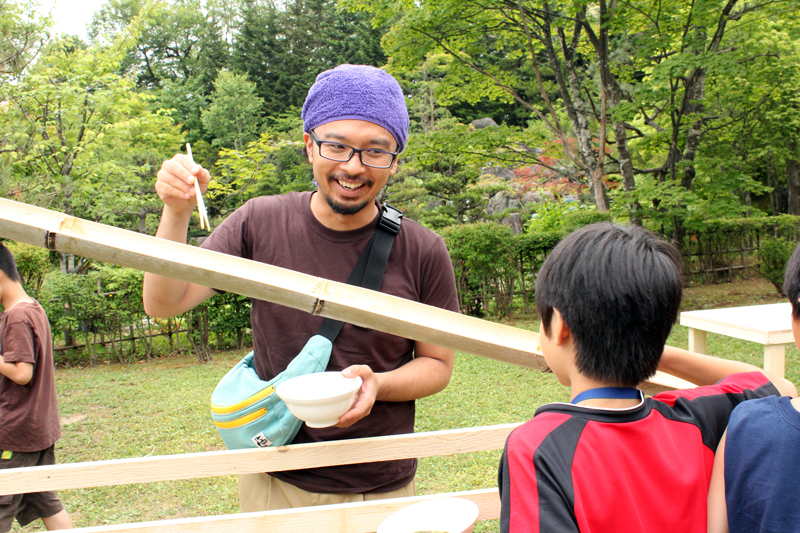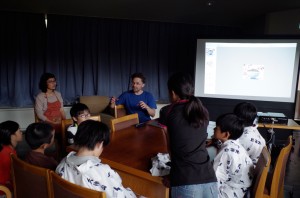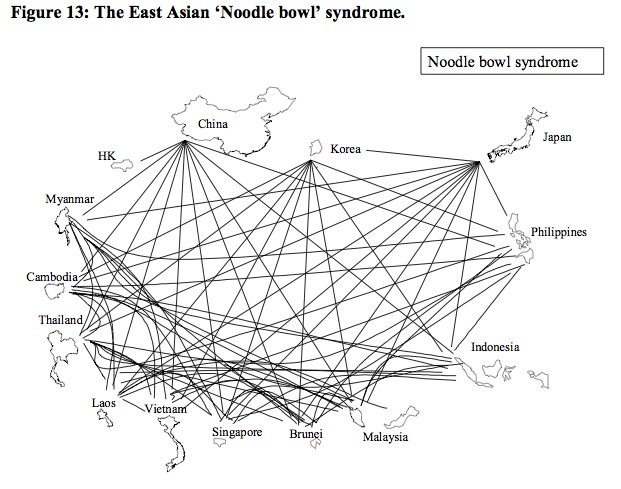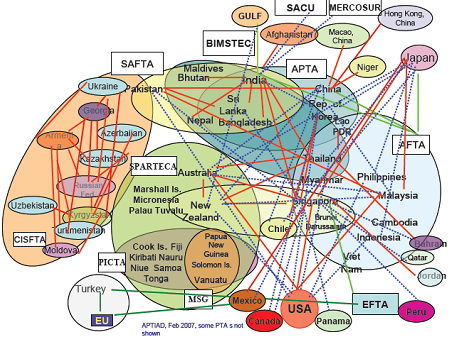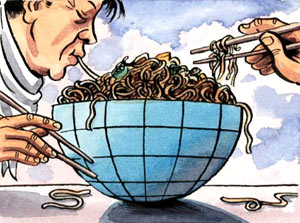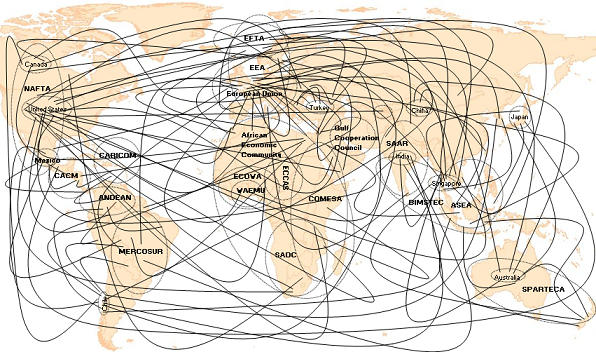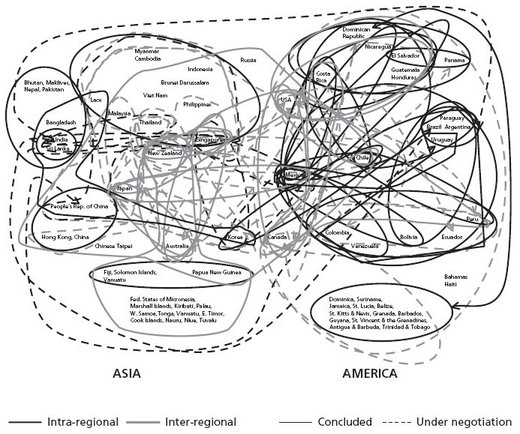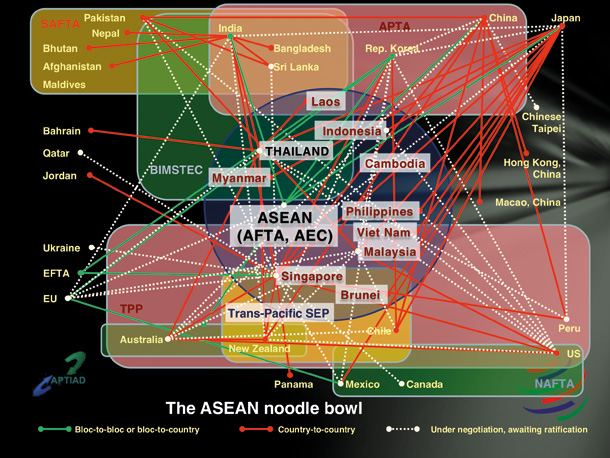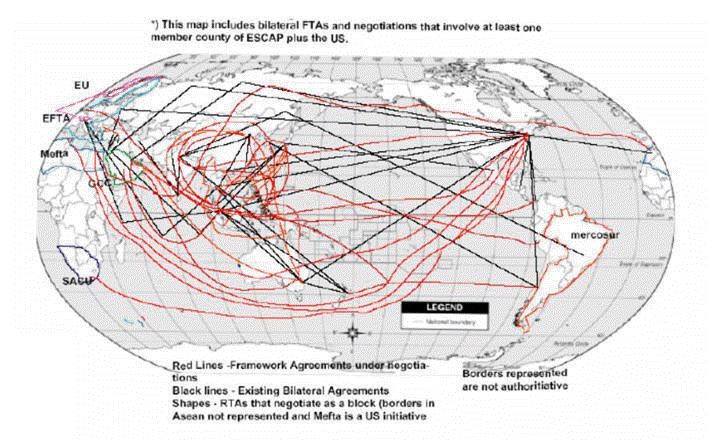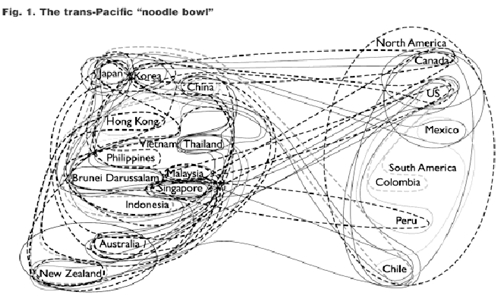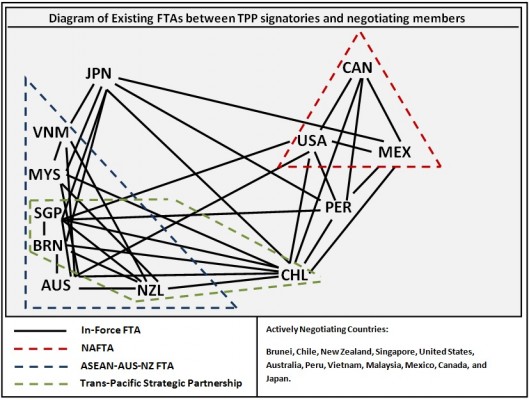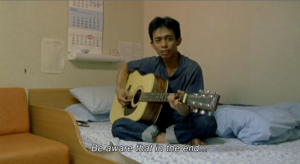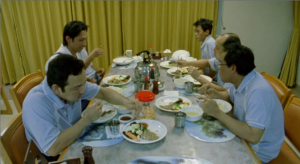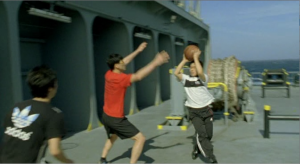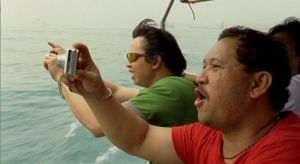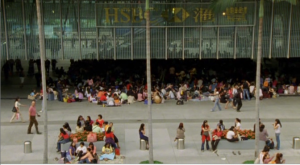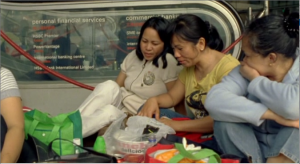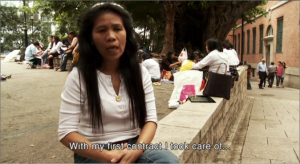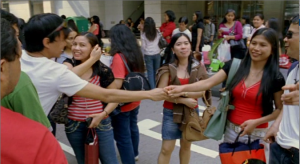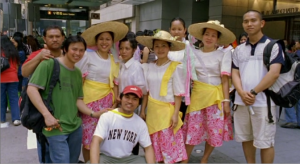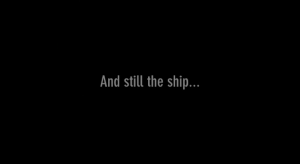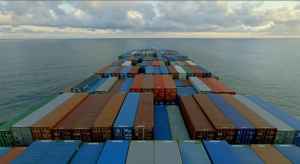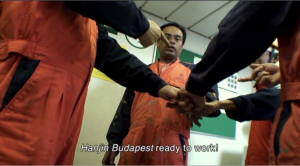うどん盆踊り
Otomobori Sliding Udon Event
とくいの銀行とコラボ企画 うどん盆踊り(北海盆唄) With Tokui No Bank Udon Bondance (Hokkai Bon song)

うどん盆踊りでは、北海道江別製粉の強力粉と薄力粉を混ぜてつくった道産うどんをつくった。超高級!な小麦を盆踊りにより、皆でふみふみ、おいしいうどんをつくりあげた。
For this event, we made udon noodles from a local flour mill in Ebetsu, mixing strong and weak flours to make the dough. This super high quality! noodle was then kneaded underfoot, to the rhythm of Obon dance, a style of folk dancing performed during Obon (the Buddhist custom honoring the spirits of one’s ancestors). Our rotation brought our feet down onto this super high quality! (soon to be super rare) noodle dough to make it tougher and tastier.
<うどんについて>
うどんと言えば香川のさぬきうどん。香川のさぬきうどんの原料となる小麦粉は、オーストラリアにて讃岐うどん向けの小麦を生産し、それを輸入している。オーストラリアの広大な土地で大規模に生産された小麦は、タンカーに籾殻のまま積まれ、そのまま輸送される。我々が小樽港へ言った際には、オーストラリアの小麦が丁度運ばれている所で、タンカーからそれぞれ1トン用の袋に運び込まれ、ベルトコンベアーにてとなりの巨大小麦貯蔵庫へはこばれていった。
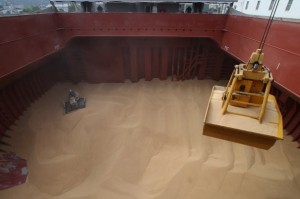
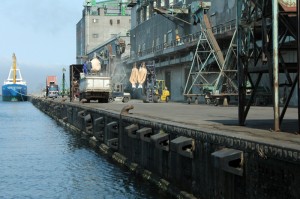
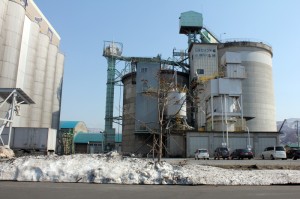
うどんの材料である小麦は国内消費量の約9割を輸入に依存している。現在は輸入小麦に対し、関税率が252%(55,000円/トン)相当という非常に高い税率がかけられていはいるが、実際にこの税金を支払っている業者はほとんどいない。貿易に関しては、食糧法第三章により、麦は政府の価格統制が存在する。政府は海外商社からの輸入小麦を一元的に調達してそれらにマークアップと呼ばれる上乗せ価格(16,868円/t+1,530円/トンの拠出金=)18,398円/トンをつけて製粉会社に売り渡すことをしているので、輸入小麦の関税は実質あまり関係ない。つまり、現在は製粉業者大手や中小製粉会社も同一の価格で小麦を手に入れる事が出来る。しかしながら、小麦輸入の自由化が進む場合、今よりもはるかに安い価格の小麦を各企業がそれぞれ手に入れる事になり、製粉会社の調達力により輸入価格が企業ごとに違うため、競争が激化し、非効率な製粉業社は廃業に追いやられ、国内の製粉会社は激減するだろうとされる。
そんな中、国内最大手の製粉会社:日清製粉は早くからTPP議論の盛り上がりや輸入自由化の動きにいち早く取り組み、アメリカ、オーストラリアの製粉会社の買収や事業提携する動きをみせた。また、国内事業では、九州の生産拠点を集約し、福岡市の臨海部に新工場を建設する一方、内陸の2つの工場を閉鎖。海外から輸入される小麦を臨海部にて製粉することで、輸送費の低減によるコスト削減をで、国際競争力を高めるのがもくろみである。
その一方で、 国内生産10%の大部分をまかなう北海道十勝の製粉会社は、独自のブランド作りに勢力をあげている。ある製粉会社は、国産を売りにする製麺業や製パン業に卸すほかに、アジア圏への消費をもくろみシンガポールに事務所を開いた。北海道産小麦が一流ブランドとなることにより、より付加価値のある小麦加工品を生み出すしくみをつくりあげている。小麦業界はこの二つの動きだけとは限らないが、そのうちこの国に暮らす人々は、輸入小麦だけを口にし、自国でつくった小麦は自分たちは食べられなくなるのであろう。今はそのギリギリのところに来ているのではないだろうか。
Elaboration on a presentation to attendees of the Otomobori Sliding Udon event:
To bring up another kind of noodle, the term “Noodle Bowl” is an economic term meaning when bilateral Free Trade Agreements overlap and criss-cross one region; the ASEAN countries are often referred to in this way. For instance, the parts of a pasta maker may come from various places because of cheaper manufacturing costs and different agreements between each country. The plastic parts might have been made in Taiwan, the engine made in Hong Kong or Korea, and the final assembly finished in China.
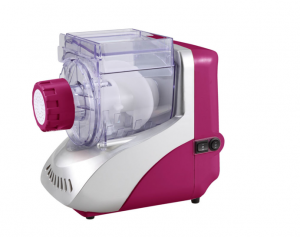 As one object’s production (textiles and consumer electronics are oft-cited examples) is split across several areas because of lower costs, 1 to 1 free trade deals between particular countries create a nest of bureaucratic complications and extra costs due to rules of origin within each deal. This is the argument for creating a “harmonizing” rule for a multilateral market region, which TPP seeks to do. However, some conservative economists argue against certain preferential rules for those within the trade deal (1), for instance “yarn forward,” the condition that “all products in a garment from the yarn stage forward must be made in one of the countries that is party to the agreement” (2) and could hand out penalties for, say, carrying out production in China.
As one object’s production (textiles and consumer electronics are oft-cited examples) is split across several areas because of lower costs, 1 to 1 free trade deals between particular countries create a nest of bureaucratic complications and extra costs due to rules of origin within each deal. This is the argument for creating a “harmonizing” rule for a multilateral market region, which TPP seeks to do. However, some conservative economists argue against certain preferential rules for those within the trade deal (1), for instance “yarn forward,” the condition that “all products in a garment from the yarn stage forward must be made in one of the countries that is party to the agreement” (2) and could hand out penalties for, say, carrying out production in China.
TPP is so secretive that it is hard to tell whether they will push such rules or whether “liberalization should be the goal.” (3) Their agenda is, however, not to reconstitute a more holistic commodity, but to further reduce barriers. We can imagine in the future the object’s abstraction deepening, gradually casting away the term “origin” altogether (4), drawing particles toward itself from disparate factories or touching down fleetingly, growing to completion in anonymous ports. On paper, the noodle straightens out, but the experience can only be expected to be as scrambled as ever.
The parts of a machine are one thing, and humans are another. What is the cost of the human noodle bowl, with people suspended in the tangle between different countries? Looking at clips from the film “The Forgotten Space” by Allan Sekula and Noël Burch (2010), we see ship workers carrying our kitchen accessories from port to port, and the fragmented, remote and disempowered identities that power these journeys. That the Hokkai Bon dances that toughened our udon noodles trace their origins to rituals of the working class culture of Hokkaido’s coal mining history gave us something to chew on. What kinds of culture might we expect from the ship workers as transportation gets ever more expansive and globalized? What is the song of the free trade human?
1) Derek Scissors, “Rules of Origin Can Make or Break the Trans-Pacific Partnership” http://www.heritage.org/research/reports/2013/08/rules-of-origin-can-make-or-break-the-trans-pacific-partnership#_ftnref1
2) American Chamber of Commerce, Vietnam: http://www.amchamvietnam.com/4591/tpp-rules-of-origin-for-textiles-and-apparel-yarn-forward/
3) Derek Scissors
4) Often mentioned in quotation marks, as if to be from somewhere is the most ironic notion: “Rules of origin establish what percentage of an export needs to be made of content from the exporting country in order to qualify for reduced tariff rates. In other words, rules of origin determine where a product “comes from”. With the proliferation of global supply chains, the crisscrossing of intermediate goods has made calculating what tariffs apply where a considerably difficult task. But factor in that rules of origin are different for each product and each FTA, and determining the “origin” of one’s goods soon becomes a mathematical feat of mammoth proportions.” http://www.americansecurityproject.org/untangling-trade-how-tpp-can-help-american-businesses/
Scenes screened from The Forgotten Space
“Be aware that in the end
two people that love each other
will be apart
But we promise each other
that we’ll stay true
We’ll wait ’till we come home to be together”The ship never sails anywhere near North America, and yet the ship only serves rice from California. California rice is richly subsidized and floods the world market; Korean rice farmers go bankrupt.
The ship is carrying fewer containers than usual. Cargo is down by a third. The stern deck is opened up to the sky and the winter sun.パート1
船と…「愛し合う二人は、最後には離ればなれになるんだ。
だけど、お互いに正直でいることを約束しよう。
故郷へ戻って、一緒になれる時を待とう。」北アメリカ付近を一度も航海したことがないこの船は、皮肉なことにカリフォルニア産の米だけを取り扱っている。カリフォルニア米は多くの補助金を受け、世界中の市場にあふれている。その一方で、韓国の農家たちは廃業に追いやられている。
この船のコンテナの数は標準よりも少ないく、貨物は3分の1だ。船尾は空と冬の太陽に向かって大きく開かれている。Pt. 2
“I love Hong Kong! Beautiful!”
Ocean shipping was the first industry to be globalized, in a deliberate effort to pay the lowest possible wages. This was because of another post-war maritime invention of the Americans, the flag of convenience, which allows ships owned in the rich countries to register in the poor countries like Liberia and Panama. This legal loophole makes it possible to hire cheaper foreign crews and avoid safety rules and regulations. Taken together, the flag of convenience and the container take us back to a world of relentless toil, interrupted only briefly.
It is Filipinos who are the globalized world’s most itinerant workers. Young men go to sea, and women, many young and some older, are domestics in the cities of the rich. Every Sunday, scores of thousands of maids, who work in isolation throughout the week, gather in Hong Kong’s Central, turning the vacant space beneath the banks into picnic ground, hair salon, church, school, dance hall, and political forum.
“Only on Sundays do I sometimes feel free. Not a maid anymore. But when it comes to nine o’clock in the evening on Sunday: ‘Here we are again! My God! It’s too hard.’ With my first contract, I took care of a three-year old girl. Then with my second contract I took care of a nine- and a two-year old. And now with my contract I am taking care of a nine- and an eleven-year old. And I count them as my kids. We are very much trained before we come here. We are very literate even though we are underpaid. Imagine a white collar in my country may only receive maybe one-third of the salary of a domestic helper here. And then the everyday expenses. Everything we buy is so expensive there. How could you survive. I can’t see any hope here on my part. Because my job is so hard. As if there is no progress. There is no progress at all.”
Maids and sea-farers meet. A brief encounter. Isolated in the house; lonely aboard the ship; far from home; cleaning all the time.パート2
「香港って本当にいいよね!本当にきれい!」
海運業は、慎重な努力の結果、最初の少ない賃金でまかなえるグローバル化さ れた産業だった。これは戦後アメリカが作った海上ルール(創案)によるもので、便宜置籍船という。裕福な国の保有する船を、リベリアやパナマなどの貧しい 国の所有物として登録する。この法律の盲点によって安全策や条例などをすり抜けて、支払う賃金の安い外国の乗組員を雇うことができる。この便宜置籍船とコ ンテナは、まさに私たちを情けなしの労役へと引き戻しているのだ。
フィリピン人は、国際化された世界で最も移動する労働者たちだ。若い男たちは海へ、多くの若い女性、そして時には少し年のいった女たちまでも、裕福な国へメイドとして働きに出る。平日は孤独に仕事をしている数えきれないほどたくさんのメイドたちが、
毎週日曜日になると香港の中心部へ集まり、
普段がらんとしている堤防で、ピクニックをしたり、
ヘアサロンを開いたり、教会や学校、
ダンスホールや政治フォーラムまで開く。日曜日だけはメイドの自分なんて忘れて、
自由な気持ちになれるの。
でも日曜日の夜9時になると…またよ!本当にいや!辛すぎるわ。
最初の契約では3歳の女の子の子守りをしたの。
次の契約では9歳と2歳だったわ。
今は9歳と11歳。
自分の子供のように接しているの。
ここに来る前は相当な訓練を受けたわ。
給料は法外に低いけれど、私たちは何でも知ってる。
私の国のホワイトカラーたちは、
この国でメイドとして稼ぐ 3分の1くらいしか稼げない。
それから毎日の出費。向こうで買う物はなんでも高いの。
どうやって生きていけと言うの。
ここにいたら希望すら見えない。仕事が辛すぎて。
いくら働いても何も変わらないように感じる。全く何にも変わらない。」
メイドと船乗りたちは出会う。一瞬の出会い。家の中での孤立。孤独な船の上。故郷から遠く離れて。いつも掃除をしている。
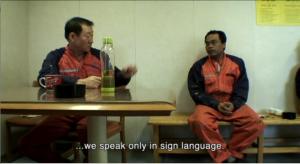
Pt. 3
Still the ship…
“In Jakarta I lived for a year without a job. Then I tried to find work. But as there was no work I decided to go to sea. So since 1997 I have worked as a seaman. This ship is new so the work goes smoothly. On a new ship you only have to clean with soap. On an old vessel a lot more work has to be done. Every day you have to remove the rust and paint it over again. A good company wants to have it primed at least three times. Normal companies just put the paint on right away. Another example: A good company provides safety glasses for removal. A normal company will not do that. In that case we have to pay for them ourselves. Also in the work there are big differences between the Koreans and us Indonesians. To begin with, Koreans are less sociable. Secondly, the officer can only speak a little Indonesian. And with all the others we speak only in sign language. Talking is almost impossible, almost nonexistent. “One”, “two” works in English, the rest is Korean.”
“Hanjin Budapest ready to work! Hanjin Budapest ready to work! Hanjin Budapest ready to work! Hanjin Budapest ready to work!”パート3
未だ船…ジャカルタにいた時は1年間無職だった。仕事を探したんだけど、何も見つからなくて、海へ出た。だから1997年からずっと海で仕事をしてる。この船は新しいから、作業の進行がとてもスムーズなんだ。新しい船だと石鹸だけで汚れがとれる。これが古いとそうはいかない。毎日サビをとって、塗装し直す。いい会社だと下塗りは最低3回はしなきゃならない。普通の会社では直接本塗りできるんだけど。他にも、いい会社は撤去の時に安全グラスをくれる。一般の会社はそんなものくれない。そういう時は自分たちで用意しなきゃならない。仕事では、韓国人と僕たちインドネシア人には大きな違いがある。まず、韓国人はあまり社交的じゃない。それから、幹部の人間はインドネシア語も少ししか話せない。その他の全員とは、ボディーランゲージで話す。口頭でのコミュニケーションはほぼできない。存在しないと言ってもいい。1とか2ぐらいなら英語で通じるけど、他は韓国語だ。」
ハンジン・ブダペスト、持ち場へ戻れ!ハンジン・ブダペスト、持ち場へ戻れ!ハンジン・ブダペスト、持ち場へ戻れ!ハンジン・ブダペスト、持ち場へ戻れ!」
映像の文章翻訳:つじたみほこ
Japanese translation: TSUJITA Mihoko

